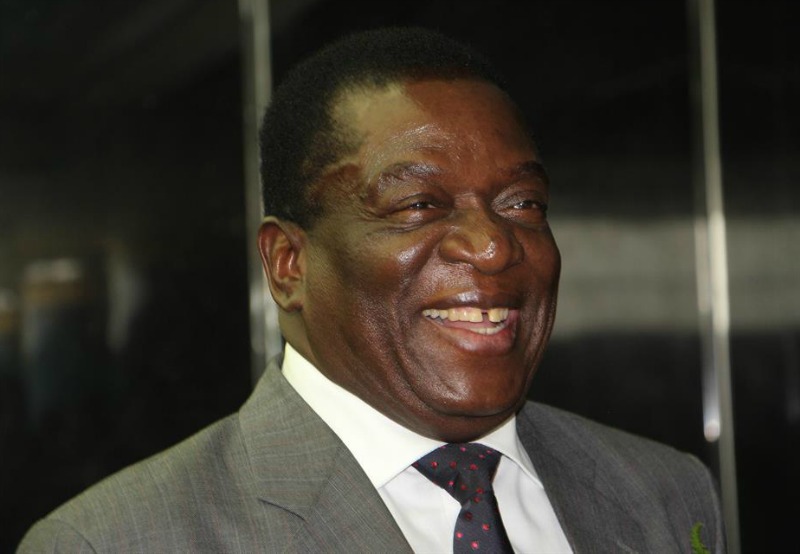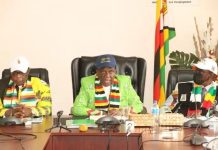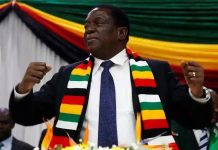The influence of the military in Zimbabwean politics is reported to be on the ascendancy in politics, economy and government while the army generals have also been reported to be heavily involved in mining and fuel sectors as they increase their control under President Emmerson Mnangagwa’s rule.
This is an assessment contained in a study titled: “Assessing Continuity and Change After Mugabe”, authored by Alexander H. Noyes and released this month by the US-based Rand Corporation.
Former strongman President Robert Mugabe died last September, a year after he had been toppled from power by deputy, Mnangagwa in a coup backed by the military in November 2017 after 37 years in power.
In the study, Noyes looks into Mnangagwa’s two year rule and according to the author, the military’s influence in politics, economy and government was on the increase under the rule of Mnangagwa.
“Although the military has always played a prominent role in Zimbabwe’s political economy, its influence has increased under Mnangagwa. The military remains heavily involved in the economy, particularly in the mining and fuel sectors,” said Noyes.
“Two of the main figures behind the 2017 coup, former generals Constantino Chiwenga and Sibusiso Moyo, are vice president and foreign minister, respectively, and remain powerful players representing military interests in Zimbabwe’s cabinet.
“With the old guard and the military still firmly in power, both benefiting from their perches atop the highly cartelised and patronage-based economy–genuine reform is unlikely in the next one to three years in the lead-up to national elections in 2023. Zimbabwe is likely to continue down a path of political polarisation, protests, political violence at the hands of the State, and economic deterioration.”
Noyes said although, Mnangagwa had repeatedly deployed flowery rhetoric, his administration’s piecemeal actions belie any movement toward genuine political or economic reforms.
Repression has increased and the economy continues to sink while Mnangagwa is protecting his and close allies’ political and economic interests.
He noted that politics and economics were inseparable in Zimbabwe, and the country would be unable to recover unless the two sectors are addressed in tandem.
“To help the country repair from years of mismanagement, corruption, and State violence, international actors – including the United States – would be wise to push the government in a coordinated fashion to implement genuine political, economic, and security,” he wrote.
Noyes said Mnangagwa had taken some modest steps that could be seen as an indication of progress, particularly on the economic front.
But there was a wide gap between government’s reform rhetoric and the reality on the ground.






